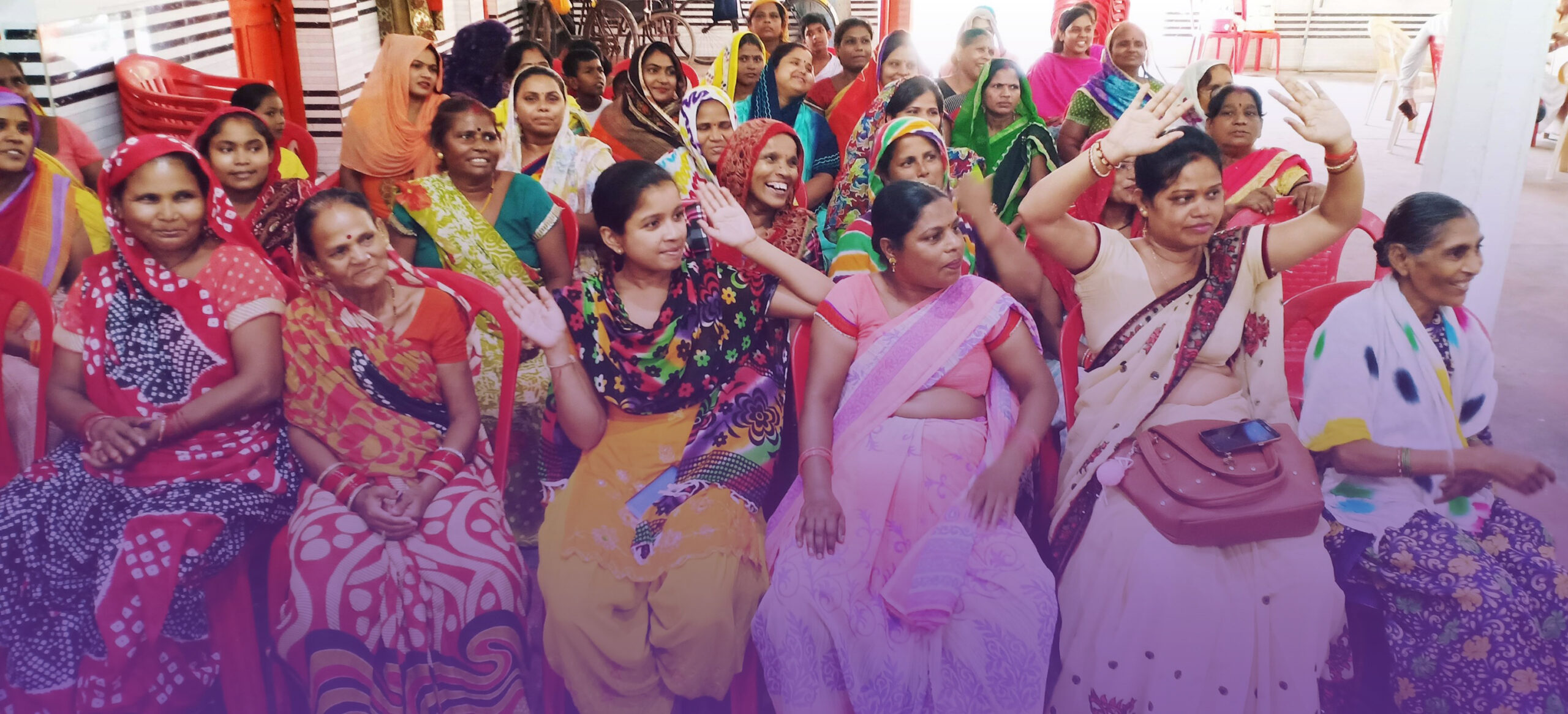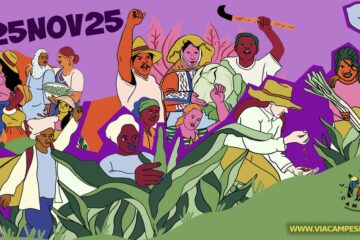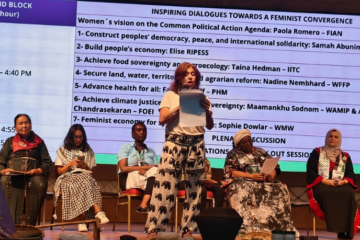The issue of violence against women is one of the most widespread human rights violations in the world. It doesn’t just pertain to a particular area, community or family, it has been continuously affecting the entire economic, social, cultural, political system and is one of the biggest threats to sustainable peace and development. More than 90% of women in my country, India, and throughout South Asia have faced physical, mental, economic or sexual violence in their lifetime. This is the biggest global pandemic.
Cases like female feticide, child marriage, murders in the name witch hunting, trafficking of women and girls, domestic violence, molestation, rape and all forms of violence still occur in the society. The marginalized, excluded, migrant and Dalit[1] women’s conditions are unimaginable. We have been working for women rights all our lives. So, the question is why do we see such cases rising in 2021?
As my first case, I fought for a 13-year-old girl who was gangraped. The second immediate case was a murder of a women due to dowery, when I was just 17 years old. When I was 18, I was jailed for 13 days along with 33 women during a movement. Since then, through Sakhi Kendra organization we have dealt with more than 37,000 cases. But the question still stands in 2021: why do such cases keep occurring? In my early activism days, I had realized that the solution to these problems, not just local but on a global level, is to mobilize people and form strong organizations. I had to face many difficulties since then, went to jail six times, survived deadly attacks around twenty times in my early struggles.
Gradually we got organized at the village, city, district and country level. We went on connecting and working together with several organizations to bring gender equality and to end violence against women. With our efforts we touched people’s heart in such a manner that even the blasting water cannons in the bitter cold couldn’t move the protesters during cases like Nirbhaya[2] in Delhi. The protest of women in such large numbers against the ban on entry of women in Sabarimala temple in South India shows that our hard work is gradually having its impact.

But to answer the question: why in 2021 the cases have started to rise again? It’s the government that came into power in India in 2014. The primary focus of this government is to establish India as a Hindu nation. This has enforced women to strictly follow the traditions and become ideal Indian cultured women in order to be true Hindus. Failure to do so usually lead to violence which is most acceptable by society due to the fear of being branded as anti-religious or anti-nation. Due to these issues, people like us working for the rights of women are facing numerous problems. These issues are prevalent in other countries as well where extremists came into power. Such situations need collective, quicker and enhanced strategies.
According to National Commission for Women’s data, violence against women rose ten times higher during the lockdown. We saw an increase in the cases of violence against women from 150 to 300 per month in a single city. And this is just the tip of the iceberg, because 86% women don’t even speak up or don’t have a way to do so. It gives us strength whenever we gather through the World March of Women, whenever we raise our voice against women violence in any country, women all over the world are empowered and get strength to raise their voice.
In 1995, in Beijing, many countries opposed the Protection from Domestic Violence Action. According to them men should have the freedom to run their household their way. Any law between husband and wife’s relationship is unacceptable. To fulfill goals as gender equality and eliminate all forms of discrimination and violence against women, all the people, including male, will have to step forward. They will have to understand that violence against women is not just a women’s problem, but the most important issue for the development of our future and countries around the world. A lot has already been said and written, and now there is a need to take significant action by uniting and planning at the global level.
[1] In the Indian caste system, the word Dalit refers to groups who have been subjected to the lowest, most excluded stratum in society, long oppressed and forced to carry out work considered inferior and “impure.”
[2] Gang rape case in which a young 23-year-old woman ultimately died after being attacked in a bus in 2012. The victim, whose name remained undisclosed, was known as “Nirbhaya,” which means “fearless.” Nationwide protests held after the case contributed to change the country’s sexual violence legislation. Internationally, the case sparked huge backlash and became a symbol of the struggle against sexual abuse against women.
Neelam Chatuverdi is the founder of the Indian women’s organization Sakhi Kendra. This article is a transcription of her speech during the webinar Anti-systemic struggles to live free of violence held by Capire in partnership with the World March of Women, Via Campesina and the World Rainforest Movement on November 18th 2021




